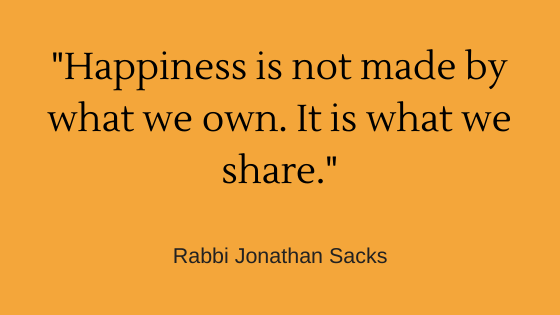We would probably all like to think that we’re generous people, giving freely of our time, our support, even our opinions, but what if we give too much? What if we continue giving to such an extent that there really isn’t anything left to give? What then?
What is over-giving?
Let’s start by comparing generous giving with over-giving. Generous giving comes from a place of plenty, where our own needs have been met and we therefore feel able to be bountiful to others. It’s generally done on an impulse and leaves us feeling good about ourselves.
Over-giving, on the other hand, tends to come, not from generosity, but from some hidden need. It’s a transaction where we expect something in return – gratitude, praise or appreciation.
Why might you be doing this?
Consider what might be going on “behind the scenes.” Might your over-giving be coming from a place of guilt? If this is sounding familiar, then take a look at why you behave like this. It could come down to a need to feel good about yourself. Perhaps it’s more to do with ego and the need to be perceived as stronger/wiser/smarter. Maybe you fool yourself with the mantra that “no one else can do this except me” or maybe you’re hoping to be appreciated or loved.
What can happen if you don’t turn this around?
Whatever the reason, the cost of over-giving can be high, both for ourselves and those around us. When we over-give, we tend to do it because we feel we “should” or “have to”. This might mean that, in that moment, our personal boundaries get pushed to one side and become less important. This can result in us feeling upset, devalued and this, in turn, plays havoc with our self-esteem. It’s a vicious circle, because the lower our self-esteem, the more our need for approval; to feel better about ourselves, so we hop on the hamster wheel of over-giving once more.
Have you considered the negative effect that always stepping into the breach may have on others? When we constantly do something for others, we actually can STOP THEIR SUCCESS. Wow. And I will bet that this is actually the OPPOSITE of what you had in mind. In extreme circumstances, this can in turn manifest as controlling behavior, where someone feels unable to complete a task, without our input.
In my next blog, I’ll look at how you can give more and get more in 3 easy steps, without losing your sanity or your self-esteem and how you can stop that hamster wheel of over-giving in its tracks.

